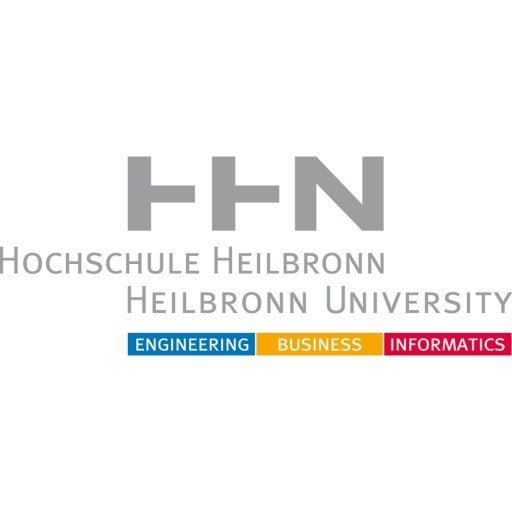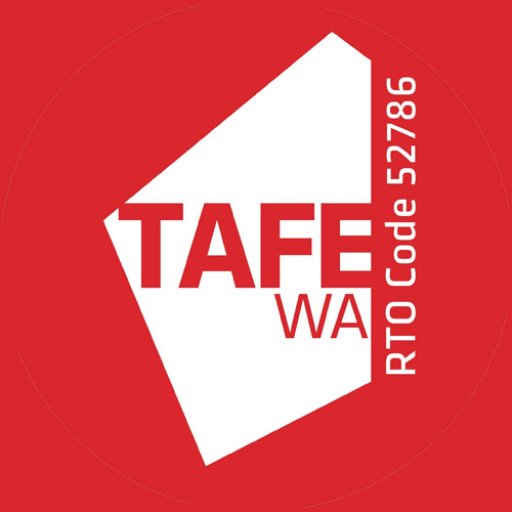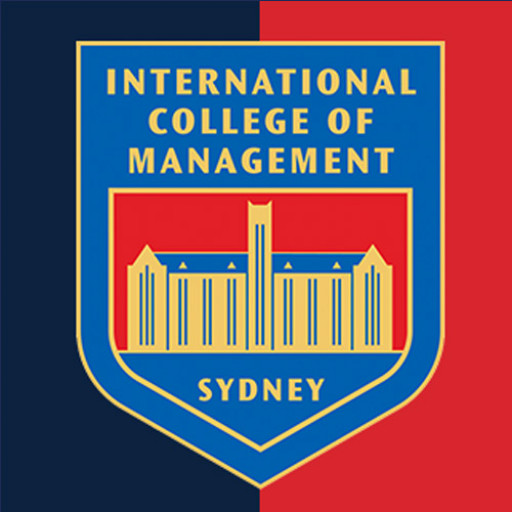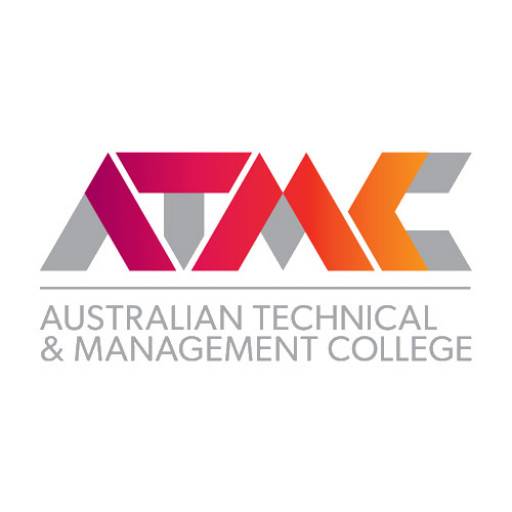The MA International Business & Intercultural Management comprises three major stages:
The programme starts with an induction period and foundation stage, during which students assess their current level of subject knowledge. Students gain sound insights into internal and external business environments. They will further deepen their knowledge of internal company processes, specifically in human resource management, international management and financial analysis. Intercultural communication will be thoroughly addressed during this stage, as it remains a major challenge in corporate entities.
Semester Two offers advanced studies in intercultural management and sustainability. Taking a cross-disciplinary approach, this phase provides an opportunity to broaden participants' expertise with regard to leadership and strategic marketing. In addition, students will gain competencies in sustainable economic development, sustainable financial systems and sustainable management.
Semester Three is the Master's thesis stage, which requires in-depth empirical research in the student's chosen area. Ideally, the thesis is based on real situations in international companies or organisations, with a focus on sustainability/corporate responsibility. During the first two semesters, this programme offers various courses on quantitative and qualitative research which will prepare students for this stage.
The programme starts with an induction period and foundation stage, during which students assess their current level of subject knowledge. Students gain sound insights into internal and external business environments. They will further deepen their knowledge of internal company processes, specifically in human resource management, international management and financial analysis. Intercultural communication will be thoroughly addressed during this stage, as it remains a major challenge in corporate entities.
Semester Two offers advanced studies in intercultural management and sustainability. Taking a cross-disciplinary approach, this phase provides an opportunity to broaden participants' expertise with regard to leadership and strategic marketing. In addition, students will gain competencies in sustainable economic development, sustainable financial systems and sustainable management.
Semester Three is the Master's thesis stage, which requires in-depth empirical research in the student's chosen area. Ideally, the thesis is based on real situations in international companies or organisations, with a focus on sustainability/corporate responsibility. During the first two semesters, this programme offers various courses on quantitative and qualitative research which will prepare students for this stage.
Educational organisation
Teaching and learning on the Master's programme are based on three key components:Students experience a period of intensive independent study. This allows them to progress at a speed suited to their individual needs and to work on their own initiative in areas which are of interest and value to them. Some more specific objectives of this approach are:
- To introduce students to the techniques of researching, organising and presenting the results of their work
- To stimulate critical thinking and logical analysis
- To develop a sense of responsibility for attaining their goals, and to increase and foster consciousness for sustainability issues
The course content is founded on a sound theoretical basis and includes experience-based and hands-on forms of learning such as guided business simulations, case studies, project work and role plays.
A tutorial support service is offered for students on both an individual and a group basis.
Study abroad unit(s)
Exchange programmes are a unique opportunity to immerse oneself in a new culture while earning academic credit. Heilbronn University has set up agreements with various universities which allow its students to pay the regular tuition while studying abroad.Internships
NoneForms of assessment
The Master's programme is assessed at the end of each semester on the basis of graded assignments and written examinations.Course objectives
This Master's programme offers its graduates excellent career opportunities in various areas. With a focus on sustainable practices, it teaches relevant managerial and analytical skills as well as multidisciplinary knowledge that equips graduates for strategic management positions in departments such as marketing and finance, as well as for leadership functions in international projects. Potential employers include globally operating companies, NGOs, international organisations and the public sector. Additionally, the programme entitles graduates to pursue further academic studies such as a PhD programme.Language requirements
A high level of proficiency in English corresponding to:- IELTS minimum 6.0 points (in all categories)
- TOEFL paper-based test minimum 550 points
- TOEFL computer-based test minimum 213 points
- TOEFL Internet-based test minimum 79 points
Academic requirements
An excellent or good European first degree in business studies or in a business-related discipline (210 ECTS* credits and a German average grade of 2.5 or better) or an equivalent international qualificationA high level of proficiency in English corresponding to:
- IELTS minimum 6.0 points (in all categories)
- TOEFL paper-based test minimum 550 points
- TOEFL computer-based test minimum 213 points
- TOEFL Internet-based test minimum 79 points
The TOEFL code of Heilbronn University is 2751.
*Applicants holding a degree with only 180 ECTS have the opportunity to obtain the missing 30 ECTS within the Master's programme by attending additional courses in the Bachelor's programme International Business - Intercultural Studies offered by Heilbronn University.
Applicants with a first degree in business studies or a business-related field who have been trained in course-related jobs or have successfully studied abroad may receive bonus points that will facilitate their admission to the Master's programme.
Further requirements are as follows:
- Demonstrable interest in sustainability and innovation is desirable.
- Work experience, preferably related to sustainability/corporate social responsibility in a company, non-profit organisation or any other sector
- Experience of living and working abroad
Applicants with a first degree awarded by a non-German institution must prove that their Bachelor's degree is equivalent to a German first degree before applying to Heilbronn University. In order to validate the qualifications, applicants have to apply to uni-assist for the VDP ("Vorprüfungsdiplom"), a document that applicants have to send along with the other required documents to Heilbronn University.
Want to improve your English level for admission?
Prepare for the program requirements with English Online by the British Council.
- ✔️ Flexible study schedule
- ✔️ Experienced teachers
- ✔️ Certificate upon completion
📘 Recommended for students with an IELTS level of 6.0 or below.
Enrolment fees
All students have to pay an enrolment fee of approx. 130 EUR per semester. This includes an administration fee of 60 EUR, a social contribution for the student services of 54 EUR (a contribution to cover the costs for the student facilities like the "Mensa", cafeteria, student halls of residence, and a contribution towards the "Semesterticket"/transport pass) and a contribution to the "constituted student union" of 14 EUR.Costs of living
The cost of living for a student is about 800 EUR per month.Job opportunities
Tutorials at Heilbronn UniversityWork placements in companies in the Heilbronn region
Funding opportunities within the university
Applicants and enrolled students of Heilbronn University can apply for the "Deutschlandstipendium". "Deutschlandstipendium" students are awarded 300 EUR per month.http://www.hs-heilbronn.de/germany-scholarship
Arrival support
- Help with formalities (registration at the university, foreigners' registration office, health insurance, etc.)
- Get to know Heilbronn University (library, computer lab, computer centre/data centre, etc.)
- Support in generating individual study plans
Services and support for international students
- Help with accommodation (application at the Students' Halls of Residence, addresses for further accommodation)
- Optional German language courses "German as a foreign language" free of charge; twice a week
- Information on visa and immigration laws and regulations
- Academic counselling (individual study plans, support and advice concerning study choices, topics for the final thesis, etc.)









